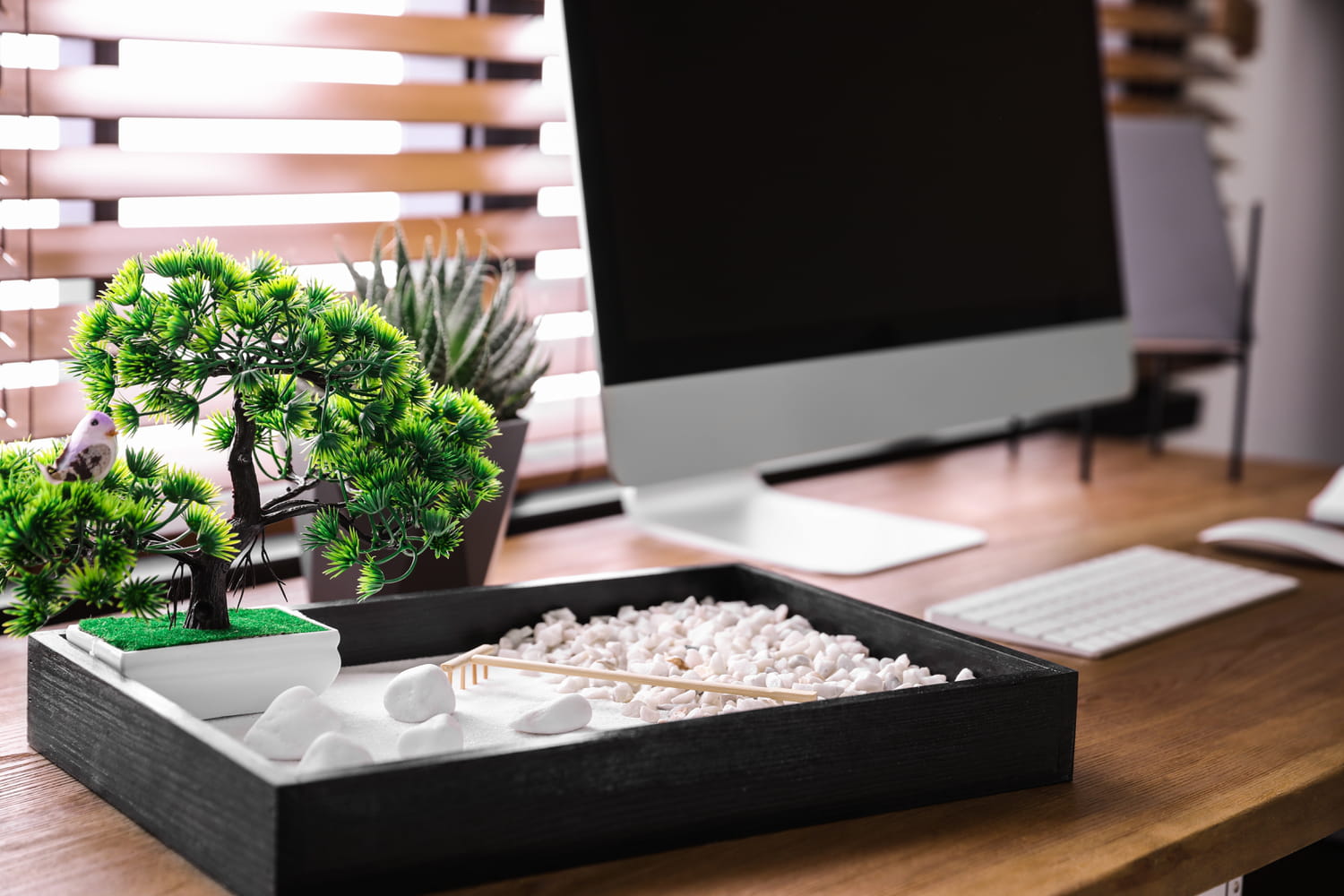Some mothers do not have patience, the desire or the time to play with their child. Rest assured, that doesn’t make you bad mothers. The proof with our expert Stephan Valentin.
Many mothers are afraid of talking about it, feel guilty and are ashamed of not wanting to play with their children. The reasons can be multiple, but they do not find the one that will not make them look like a monster. Stephan Valentin, doctor of psychology specializing in childhood and adolescence, takes stock for the Women’s Journal on this problem which is not one. Interview.
The Women’s Journal: Moms who do not like to play with their children can feel guilty or abnormal, how to help them?
Stephan Valentin: Do not like playing with your child does not mean that you don’t like your little cabbage. And then, you can also spend time with your child as going to the zoo, tinkering or reading a story for example … it is a question of like to spend time with your child.
Is there a difference between not like and not wanting?
By reading the question you might have the impression that “not to want” would be more intentional. For me, it only reinforces the feeling of guilt. There are many mothers who have trouble playing for example dolls with their child or Lego with their son. Only, they dare not tell others so as not to be judged.
How does that be explained (they don’t like or don’t want to play)?
Sometimes the mother no longer has the strength or she cannot concentrate enough to play with her child. In other cases, her own parents did not play with her when she was small and she repeats that with her own child. Each parent has the right to be as it is, with its preferences. If the mother does not like to play with her child with her little train too much, maybe the dad can play this role of playing companion. There are also other children who will surely play with him, and then, every child also likes to play a certain time on his own.
How is this moment of play important or not?
The game is important to lead to social skills in children. Playing doll allows role -playing games where the child likes to put himself in the place of the parent. He trains his empathy. The rules of the game teach him that, in life, there are also rules. It is a question of respecting those who play with him, that he listens to the other and that the child himself can experience to be respected. Playing with the other is an important basis for interacting in life. Role games, for example, develop creativity and imagination in children. He can also replay life events to better manage them later. But this is also worth playing with other children. Playing also promotes his motor skills, he manages to better manage his frustrations, he learns to focus on an activity better and this also promotes the development of language.
Are there any challenges?
There is an issue if we abandon, as a parent, his child. If the child does not have the opportunity to play with someone other than himself, he will not be able to lead his social skills.
How does the child experience this situation? Does he experience it as a disinterest on the part of his parents?
Some children are disappointed if the mother does not want to play with them. Especially if they have seen it in other children. I think that as mom, you can tell your child that we don’t like to play too much, but that we like to do lots of other things with him. Besides, often, it is simply linked to a certain age. When the child can, for example, play cards or board games, mothers want to play with him again.
Can we “learn” to play with children?
Of course, you can ask your child “show me how you play”.
What advice would you give to these mothers?
- Do not feel guilty. You are not a bad mother because you do not have fun right now to play with your child. In general, the desire returns to a certain age of the child.
- Arrange meetings with other children so that he can play.
- Go to the square or the playground with him so that he can play with others.
- Try the experience of playing with him from time to time. Sometimes the desire comes by playing … sometimes it feels good to feel a little “child”.
Read also:








